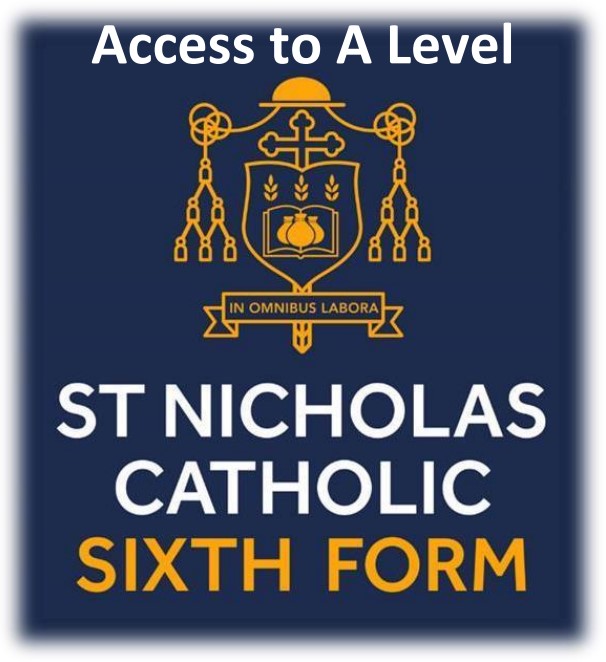Preparing for Sixth Form
Preparing for Sixth Form
To help prepare all of our students for the transition from GCSE to A-Levels we have put together some essential resources to get you started with some pre-reading and preparation.
You will be given information about the different courses, Some ‘Top Tips’ any A Level student needs to succeed and further transition information tasks from your Subject Leaders including transition guides from Science and Mathematics. It is essential that you use this time productively to really hit the ground running in September.


10 Top Study Tips for Starting Sixth Form
Study Habits of Successful Sixth Form Students
1. Get Your Motivation Sorted
Ask yourself why are you studying the courses you’ve chosen? Establish your motivation for studying.
2. Be Clear About How Your Courses are Assessed
Find out which exams and assignments count towards your final assessment.
For each subject you’re studying, get a copy of the specification and go through the section about assessment.
3. Work Consistently
From the very beginning of Year 12, make sure you put in a regular amount of work each week, with extra input around key deadlines and exams. As a general rule, each hour you spend in the classroom should be matched by at least one hour of independent study.
4. Make The Most Of Study Periods
Using your study periods productively is vital to your success in the Sixth Form. It’s so easy to fritter them away but resist this temptation. Prepare in advance what you’re going to do during study periods.
5. Consolidate Work From Day One
With so much to learn and remember, it’s important to keep on top of things as you go along. Whether it’s trying to make sense of current topics in each subject, writing revision cards, tackling extra questions, watching topic-related videos or reading textbooks, consolidating your understanding is something you should be doing from the very beginning.
6. Organise Your Folders
Have a separate folder for each subject, label each folder on the outside, label file dividers for each new topic as it is introduced, make an index in the front of each folder, write page numbers and dates on your notes, hole punch loose sheets of paper or put them in punched plastic pockets.
7. Use To-Do Lists
If there’s one single habit you should work hard to get into, it’s writing a daily to-do list. A to-do list can be written on an app, notepad or large sticky note and is best done first thing in the morning. You could write one every day or only on days when you’ve got a lot to get done. Include not only tasks relating to your studies but also things you need to do in your own time.
8. Use Exam Board Websites
Exam board websites are packed full of useful information, so bookmark them. Make full use of the course specification, past papers, specimen papers, mark schemes, examiners’ reports and information on UMS/grade boundaries.
9. Engage With Your Teachers
Your teachers are probably the best study resource you’ve got as they’re experts and can provide important insights into their subject. Ask questions during lessons and check things with them outside of lessons.
10. Healthy Study-Life Balance
Studying in the Sixth Form involves a lot of hard work. But a healthy work-life balance must allow time for social activities and interests.
- Follow:











